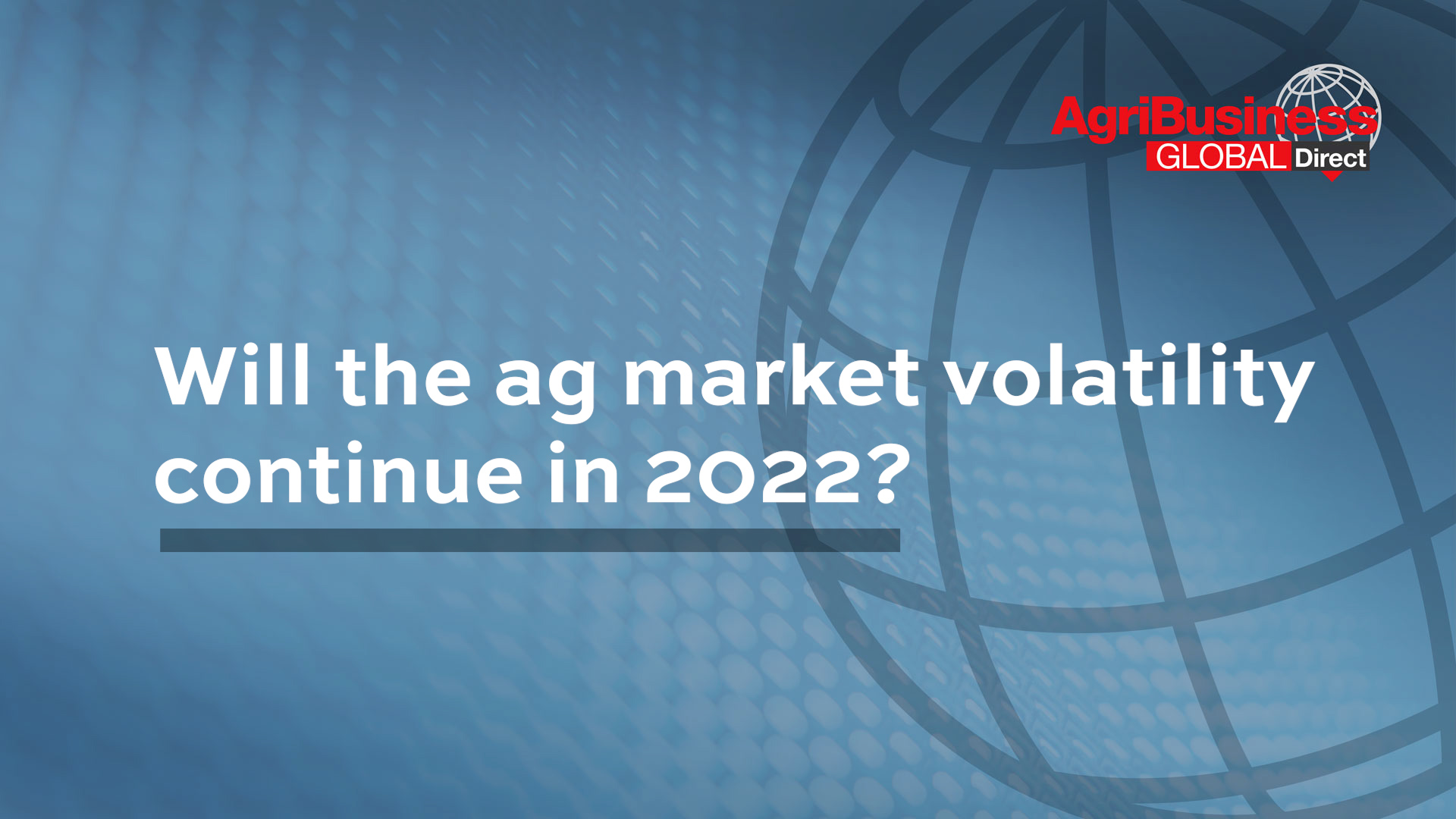Melinda McCann Shares Insights About Russian-Ukraine War’s Impact on Crop Protection Industry

AgriBusiness Global got a chance to talk with Melinda McCann, who is U.S. Transformation Leader for ADAMA Agricultural Solutions, about how the Russian-Ukraine war is impacting the global agrochemical market. She shared with us her insights about current events and what might be coming in the upcoming months.
ABG: How do you think the European agrochemical industry will be affected by the Russia-Ukraine war?
MM: Sanctions that would limit or ban natural gas supplies from Russia are likely the greatest impact to the European agrochemical industry as BASF stated late March. Many companies use the natural gas as energy to fuel their active ingredient production plants and use it to produce raw materials that are then used in active ingredient production. The impact to the manufacturing plants, for not only crop protection, but other industries, would then have additional impacts to not only shortage of goods, but employees and potential for time off if they can’t work.
ABG: With Syngenta Group (which includes ADAMA), BASF, and Bayer having sites in Russia, and some in the Ukraine, how will those disruptions affect the world crop protection industry?
MM: Many of the big agrochemical companies, including ADAMA, have businesses in Ukraine and Russia as they are both key markets for cereal and oilseed crop production that are then exported to other regions. Any impacts to production in Ukraine may impact seed stocks related to cereal grains and sunflower oil as these are the largest exports out of Ukraine. Russia is also a key exporter of potash and other fertilizers, and if sanctions are used, then there may be shortages and a continual increase in fertilizer prices.
ABG: Brazil’s Minister of Agriculture secured an increase in potash and other fertilizer imports from Canada, two weeks after the war started. Do you foresee an aggressive pursuit of any other type of crop input? If so, any product specific to the agrochemical industry?
MM: The fertilizer segment is likely the most impacted segment of agricultural inputs due to the Russia-Ukraine war. Rabobank recently published an article, calling out potash as the likely most impacted product due to the fact that Belarus and Russia account for 40% of the world production and exports.
ABG: If Ukraine is unable to purchase crop protection products will that impact the market?
MM: The greatest impact to agrochemicals is the multitude of ongoing disruptions. We have another wave of shutdowns in China as they manage to establish life with COVID. For the Russia-Ukraine war, we are not to the point of shortages as the Northern Hemisphere already had products in local communities. As countries decide on sanctions against Russia, and if they will be making fertilizer and energy purchases from Russia, the Southern Hemisphere will really be the first view into the potential impacts of the war. If some of these challenges have not turned around, then it will impact the following season for the Northern Hemisphere. The disruptions will continue for the short term and will have to be relooked at in a few months to see if tides change.
ABG: What is next for the agrochemical market?
MM: The agrochemicals industry needs to prepare for what happens after the Russia-Ukraine war ends and as countries start moving forward living with COVID. The market will reset to some new normal. Some products may have been in high demand only due to shortages, thus demand may go down. Or the channel may have gotten more than their demand due to the fears of not being able to get a product in the future, so stocks may be high and limit new purchases. Depending on the product, there are many scenarios to consider how the market may reset itself to return to some kind of normal, and as such, should be considered in planning past 2022.







